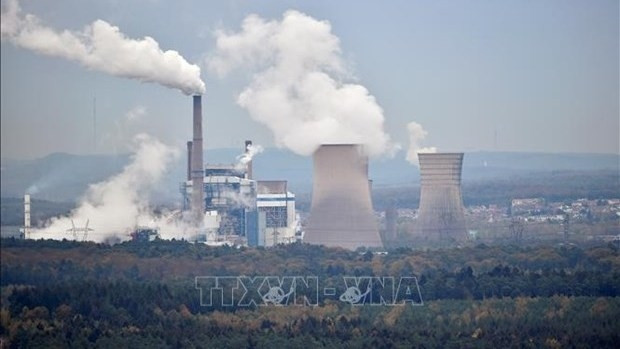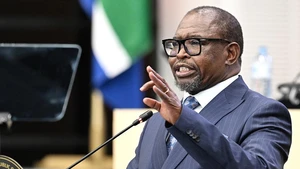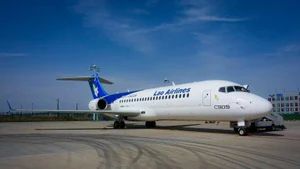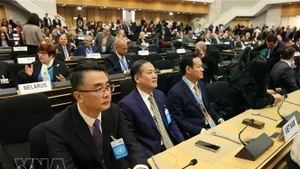Le Thi Minh Thoa, Deputy Permanent Representative of Vietnam to the United Nations, laid the emphasis while attending an Arria-formula meeting held by the UN Security Council (UNSC) on March 9 to discuss climate finance for sustaining peace and security.
She shared other countries’ concern over climate change challenges that have rendered tens of millions of people homeless and worsened transboundary security challenges, especially in conflict-hit regions.
The diplomat pointed out the need to fully consider the demand and priorities of developing countries, particularly those affected by conflicts, appealing for stronger partnership and coordination in the entire UN system to solve climate change issues.
Thoa also voiced Vietnam’s support for the UNSC to continue discussion climate security and the role of climate finance in conflict prevention, peacekeeping, humanitarian aid, and post-conflict reconstruction.
As one of the countries most vulnerable to climate change, Vietnam has been exerting efforts to minimise adverse impacts of this global phenomenon and achieve net zero emissions by 2050, the diplomat stressed, adding that it pledges to continue joining international efforts and promote partnership and climate finance for climate change response.
At the meeting, participants looked into the outcomes of and challenges to the implementation of climate finance commitments so as to help with conflict prevention, stability maintenance, and peacebuilding. They held that the climate finance mobilised so far has still fallen short of target while the international community’s aid for peacebuilding and climate risk management remains modest.
Most of them supported the UNSC to approach and solve the security aspect of this issue in a comprehensive manner, with climate finance taken into account. Some urged the UNSC to soon reach consensus to adopt a resolution in response to security challenges caused by climate change impacts.
An Arria-formula meeting is an unofficial meeting of the UNSC to consider important and emerging issues, with the participation of UNSC and non-UNSC members, international organisations, and persons working in relevant areas.
















